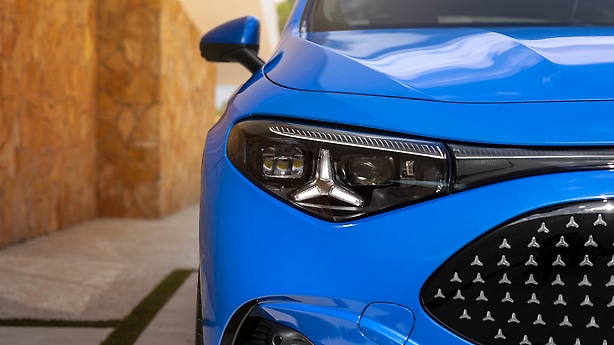September 18, 2025 – Mercedes-Benz AG and the energy park developer UKA (Umweltgerechte Kraftanlagen GmbH & Co. KG) have received permission to start installation of a wind farm at the Mercedes-Benz test track in Papenburg, northern Germany. By 2027, 20 wind turbines with a capacity of 140 megawatts (MW) will be built on the site as part of a Power Purchase Agreement (PPA). Around 20 percent of the annual electricity requirements of Mercedes-Benz Group AG in Germany can be covered by this after commissioning.
,xPosition=0,yPosition=0.5)
Mercedes-Benz test track Papenburg
,xPosition=1.0,yPosition=0)
,xPosition=0.5,yPosition=0)